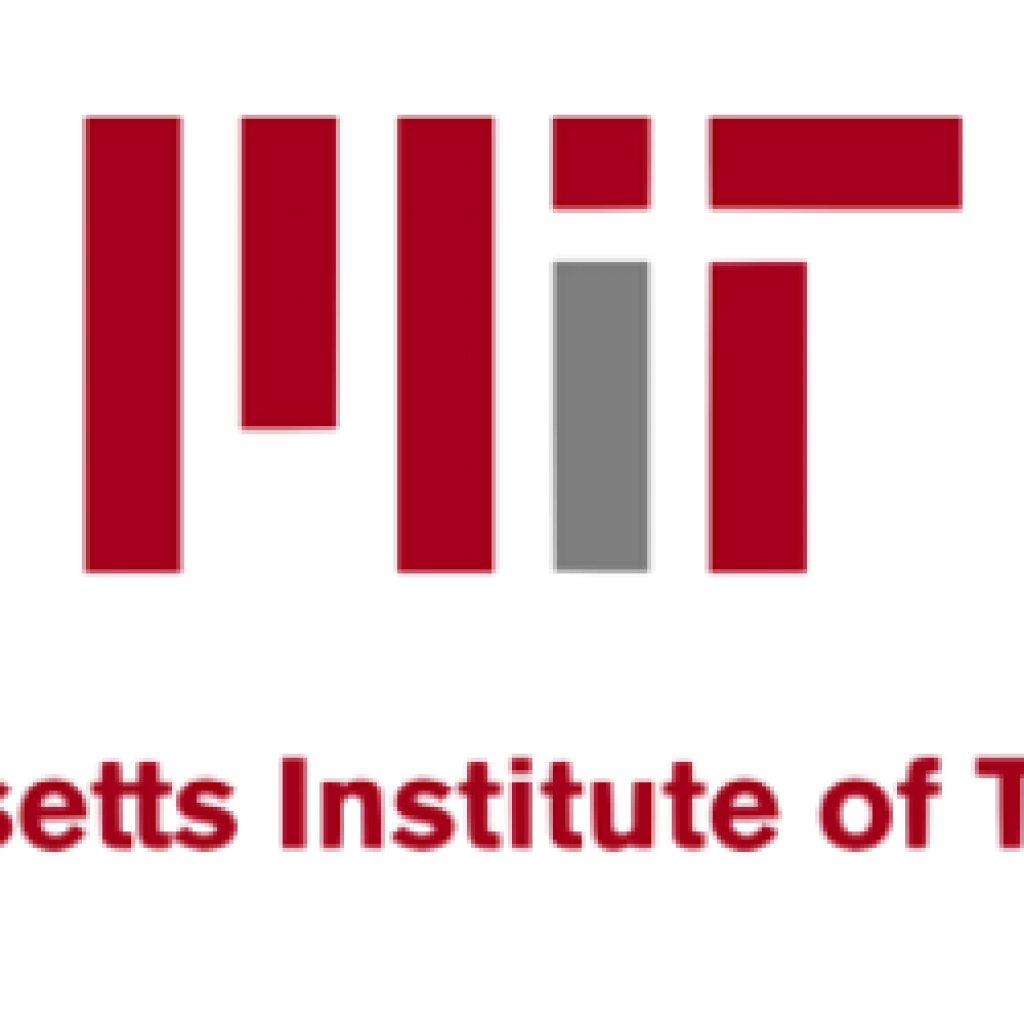(MIT.News) William Oliver, a recently tenured associate professor in MIT’s Department of Electrical Engineering and Computer Science, is building a new class of computer — the quantum computer — with the potential to radically improve how we process information and simulate complex systems. Quantum computing is still in its early days, and Oliver aims to help usher the field out of the laboratory and into the real world. “Our mission is to build the fundamental technologies that are necessary to scale up quantum computing,” he says.
In 2003, Oliver took a staff position at MIT’s Lincoln Laboratory to help solve problems like decoherence. His goal, with colleagues Terry Orlando, Leonya Levitov, and Seth Lloyd, was to engineer reliable quantum computing systems that can be scaled up for practical use. “Quantum computing is transitioning from scientific curiosity to technical reality,” says Oliver. “We know that it works at small scale. And we’re now trying to increase the size of the systems so we can do problems that are actually meaningful.”
He is quick to emphasize the role of collaboration in solving these complex challenges. “Engineering these quantum systems into useful, larger scale machines is going to require almost every department at the Institute,” says Oliver. In his own research, he builds qubits from electrical circuits in aluminum that are supercooled to just a smidge warmer than absolute zero.
In 2015, Oliver founded the Engineering Quantum Systems (EQuS) group to focus specifically on superconducting qubit technology. He is also a Lincoln Laboratory Fellow, director of MIT’s Center for Quantum Engineering, and associate director of the Research Laboratory of Electronics.
Oliver envisions a steadily growing role for quantum computing.
In the near-term, Oliver thinks quantum and classical computers could work as partners.
MIT’s William Oliver Developing Technology to Enable Reliable Quantum Computing at Scale
